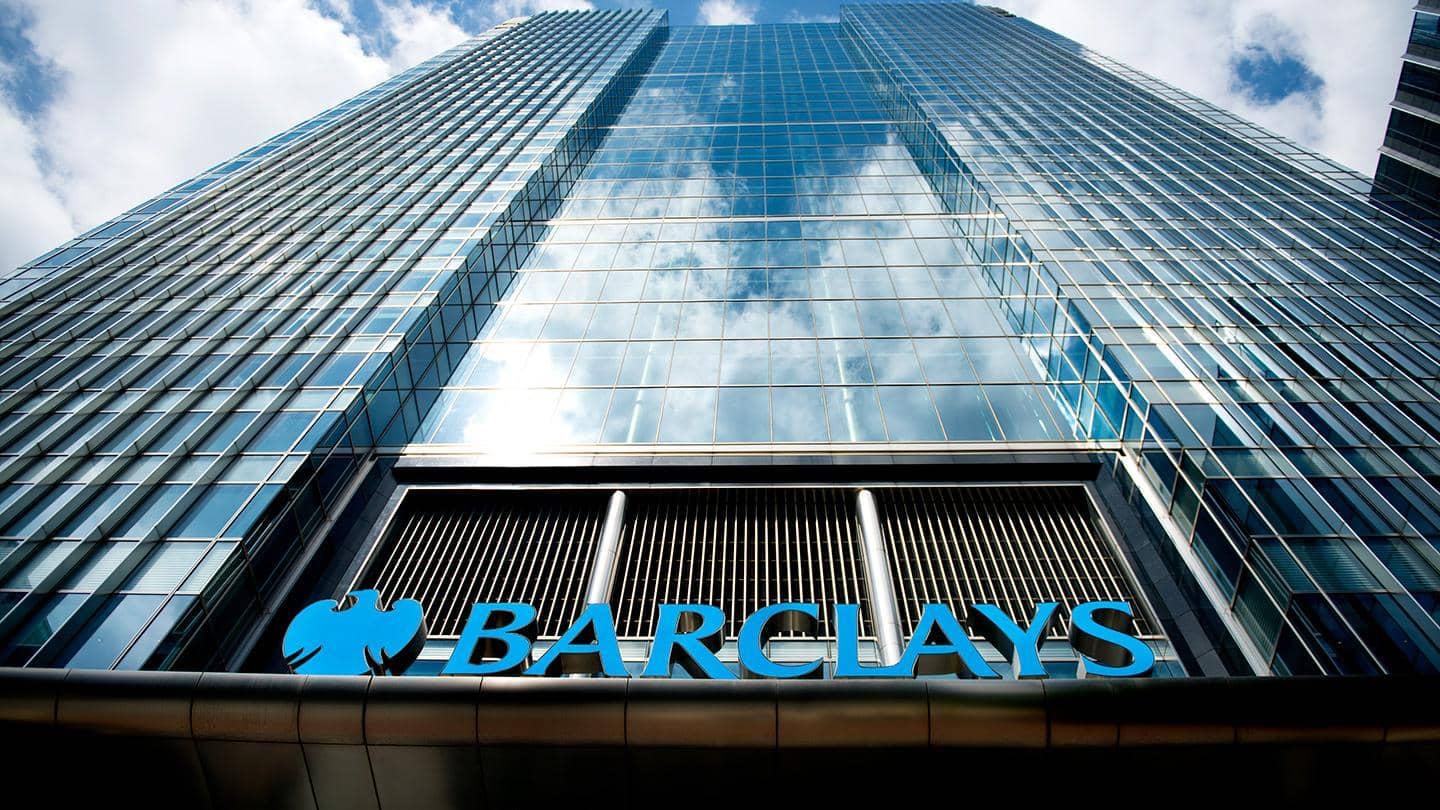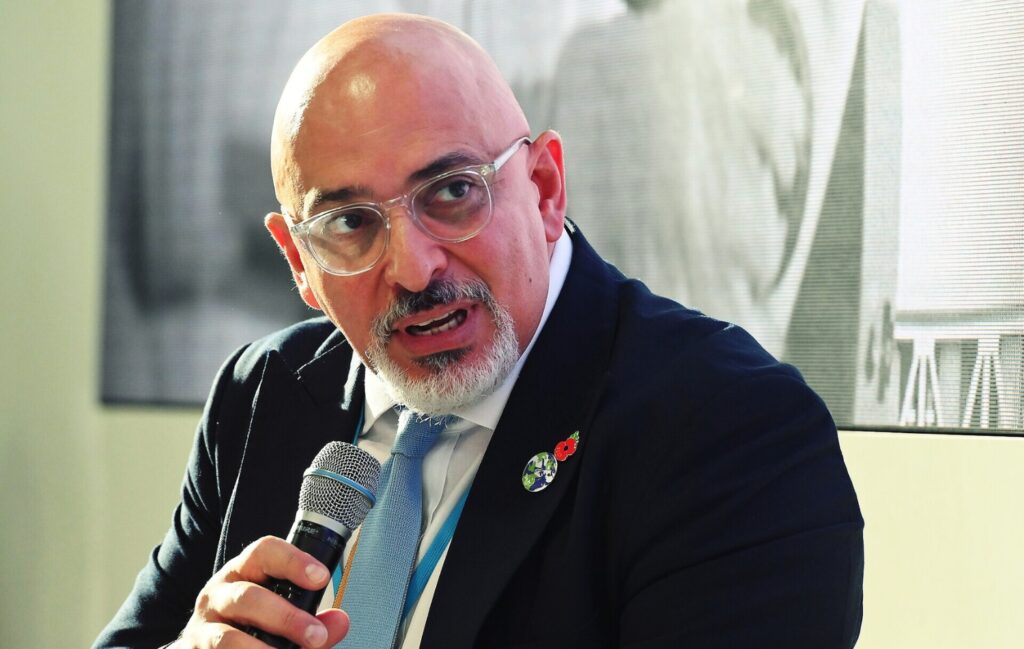Barclays, one of the largest banks headquartered in the European Union, will stop funding new oil and gas projects. The shift is part of a slew of internal changes geared toward curbing emissions. But the newly adopted measures, which were announced last week, leave the London-based multinational with plenty of flexibility to continue financing fossil fuel extraction — and some critics say they don’t go far enough.
“Overall we feel progress has been made by Barclays, but there are still areas of concern,” said Kelly Shields, a campaign manager with ShareAction, a UK-based nonprofit that used investor pressure to lobby the bank to change its lending practices.
Publicly, Barclays has signaled an intent to pivot away from fossil fuels and help power the rise of green energy. In 2020, it announced it would become a net-zero-emissions bank by 2050 — a goal that also involves “aligning its financing with the goals and timelines of the Paris Agreement,” and reducing its lending to the oil and gas sector. It seems to have made some progress: On its website, Barclays says emissions related to projects it finances dropped by 32 percent between 2020 and 2022.
But activist groups focused on greening the financial sector portray Barclays as a holdout that has slow-walked its climate commitments, especially when compared to other European banks. A report from Rainforest Action Network found that Barclays was the European Union’s largest funder of oil and gas projects between 2016 and 2022. In a brief shared with DeSmog, ShareAction wrote that 17 of the EU’s 24 largest banks have already agreed to stop funding new oil and gas projects — including HSBC, Europe’s largest bank, which made the commitment in December 2022. By that standard, Barclays is late to the party.
“I think while it’s a positive statement of intent, particularly for a bank of Barclays size and influence, it is really kind of catching up rather than taking a leadership role,” said David Hayman, a campaign director for Make My Money Matter, a nonprofit focused on financial system reform.
The pledge to stop funding new oil and gas projects only pertains to “upstream” development, or exploration and extraction activities, as well as any related infrastructure. But that’s just one aspect of Barclays’ new commitments, which are reflected in revisions the company made to its “climate change statement” this month. The company has also placed new restrictions on funding for energy clients, as well as tightening its rules around “unconventional” forms of extraction including projects in the Amazon biome and ultra-deepwater drilling.
Still, the ambitious-sounding new standards only cover a fraction of Barclay’s overall oil and gas lending. The updated policy only rules out direct funding for new oil and gas projects, so Barclays can continue to provide more general corporate funding to oil and gas companies — who can then use that funding however they wish, including for expansion.
“[It’s] like Barclays saying they would never directly invest in cigarettes, but are happy to provide billions to tobacco companies.”
This means the lion’s share of Barclays oil and gas lending isn’t covered under the new commitment, said Xavier Lerin, a Senior Research Manager at ShareAction. Though Europe’s largest banks collectively lend tens of billions annually to companies engaged in fossil fuel expansion, a 2022 ShareAction report found that only eight percent of that financing was project-specific between 2016 and 2021. For Barclays, the contrast was even starker: Just one percent of its oil and gas expansion financing went to dedicated projects, according to an analysis by ShareAction and the sustainability research firm Profundo. The rest was general corporate financing — and under the new commitments, that remains largely untouched.
In a statement provided to DeSmog, Make My Money Matter said this “is like Barclays saying they would never directly invest in cigarettes, but are happy to provide billions to tobacco companies.”
Still, Barclays has put some broad new accountability measures in place. Starting in January 2025 it won’t provide new financing to companies that devote more than 10 percent of capital expenditures to oil and gas expansion, and will subject existing clients whose upstream operations cross that threshold to an annual audit. It will place new restrictions on lending to companies that haven’t diversified beyond oil and gas. Starting in January 2026, it also will only finance energy companies that can demonstrate alignment with net-zero targets, including reductions to methane emissions and “non-essential” venting and flaring of natural gas.
But these stipulations are crafted in a way that gives Barclays plenty of latitude, with several exceptions and carve-outs. Its assessment of borrowers’ adherence to net-zero targets, for instance, doesn’t have minimum standards around “Scope 3” emissions — the kind generated from fuel sold to customers, by far the biggest part of the industry’s climate footprint. And though the bank will subject existing clients to annual audits if they perform poorly on internal sustainability benchmarks, it allows itself broad flexibility in determining “whether continued financing support is appropriate.”
“Overall, the new energy policy enables Barclays to retain significant discretion over its continued support of oil & gas expansion activities that are incompatible with 1.5C scenarios,” ShareAction wrote in a statement provided to DeSmog. “The bank will need to demonstrate its approach is effective in addressing the significant climate risks these activities pose to the bank and its investors.”
Barclays had not responded to a request for comment by press time.
Sebastian Gehricke, senior lecturer and director of the Climate and Energy Finance Group at the University of Otago in New Zealand, calls Barclays’ efforts “a move in the right direction,” despite its flaws. As long as oil and gas expanders can still find other lenders, he argued, nothing much will change — which is why each new commitment counts.
“It’s a matter of having enough of these larger organizations doing this sort of thing, and probably more stringently than Barclays has done, that will lead to change,” he said.
Subscribe to our newsletter
Stay up to date with DeSmog news and alerts






